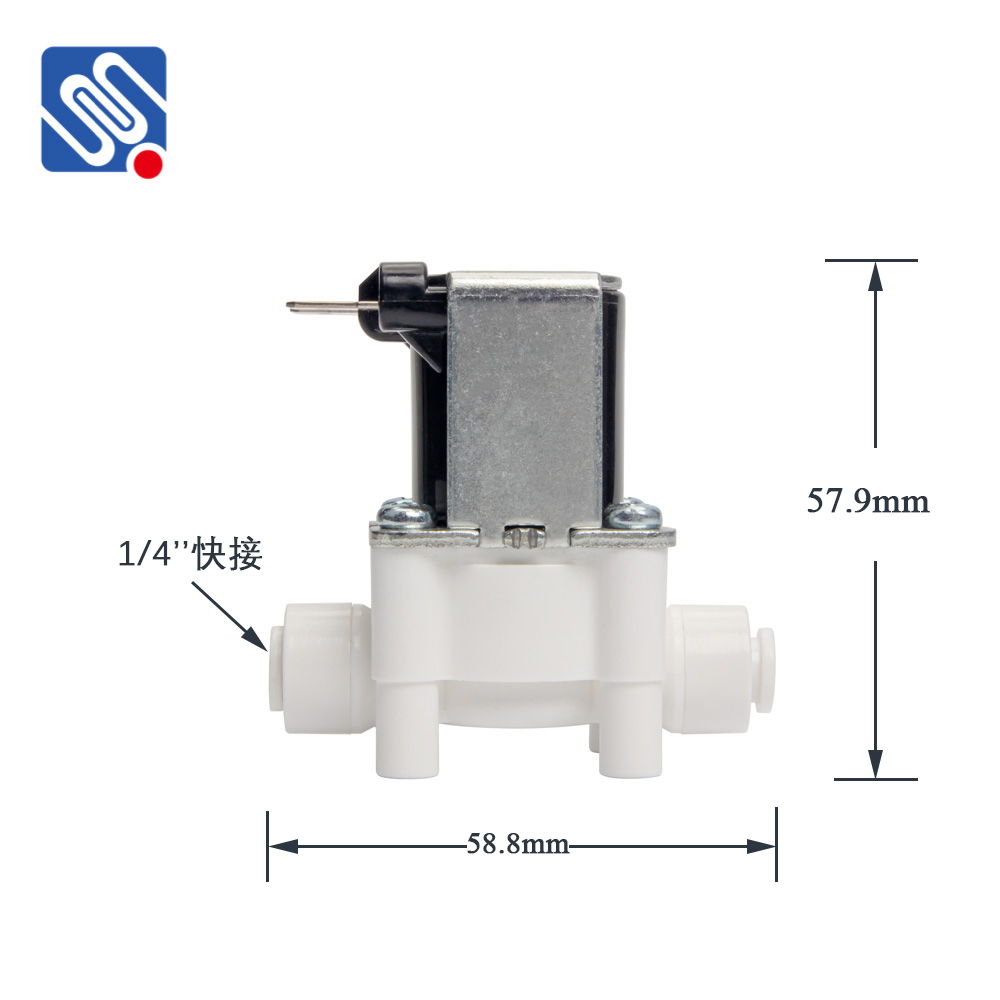understanding the normally closed solenoid valve: function, applications, and benefits
Release time:2025-08-11 04:10:44
A Normally Closed Solenoid Valve (NCSV) is a key component in fluid control systems, widely used in various industrial, commercial, and household applications. These valves function as automatic on/off controls for liquids, gases, and other fluids, and they play a vital role in automation and efficient system management. This article will delve into the working principle, primary applications, benefits, and considerations when choosing a Normally Closed Solenoid Valve.

Working Principle of Normally Closed Solenoid Valve A Normally Closed Solenoid Valve operates on the principle of electromagnetism. In its default state, the valve is closed, meaning no fluid can pass through. When an electrical current is supplied to the solenoid coil, a magnetic field is generated, which activates the valve mechanism, typically involving a plunger or diaphragm. This allows fluid to flow through the valve. Once the electrical current is cut off, the valve returns to its default closed position, stopping the flow of the fluid. This on/off action makes the Normally Closed Solenoid Valve a simple yet effective solution for controlling fluid flow in systems that require precise operation. The fact that the valve remains closed without power ensures safety and system integrity, especially in situations where it’s critical to maintain a shutoff state when no external signal is present.

